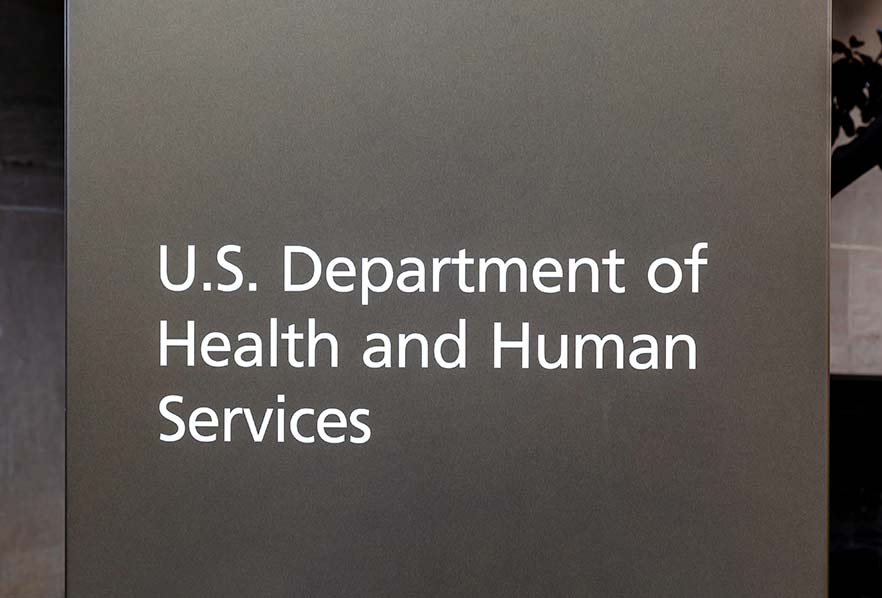GI: I know you started your career in the legal profession, but what were the factors that attracted you to the compliance profession?
NH: I am a rule follower; I have always been. As an attorney, I have always been interested in focusing on regulations and their application. Compliance is also very focused on rules and regulations, just from a different aspect. So, when I had the opportunity to move from legal to compliance, I found it an easy transition. I really like being part of the process and being able to work closely on an ongoing basis with leaders and team members. I get the chance to participate in ongoing discussions and regularly have a positive impact on the organization. Being able to educate team members and leaders about how to maintain a compliant culture is very satisfying.
GI: Has your legal background helped you in your role as chief compliance officer at AdventHealth and, if so, how? Is a legal background important for a compliance professional?
NH: I do think that my legal training and background has helped in my role. It provided me with skills as a critical thinker, and I frequently use my training when analyzing and articulating an issue or concern. However, I don’t think it is necessary to have a legal background to be an effective compliance professional. We have a lot of highly qualified people on our team who come from a variety of backgrounds, each of whom brings a unique ability and viewpoint. I think having people with different experiences and backgrounds makes the team stronger overall.
GI: What do you believe are the most significant qualifications and skills for a chief compliance officer?
NH: As a chief compliance officer, or chief corporate responsibility officer as we call it, building and maintaining relationships within your organization is critical to having an effective compliance program. A compliance program succeeds best when there is a compliant culture, and the relationships that the compliance officer builds with leaders and team members help to build that culture. The compliance team by itself cannot create a compliance culture; it takes the entire organization. So, one of the most important qualifications for a compliance officer is to be an effective communicator and an effective listener. Doing so will help to build the relationships throughout the organization that are so important to a compliance culture.




